The annual surveys listing of which are the happiest countries and the most livable cities in the world are out and together they show a definite trend, Europe is definitely the best Continent to live on. The happiest country survey comes from the Gallup polling organization along with the Oxford Wellbeing Research Centre and the UN Sustainable Development Solutions Network while the most Livable Cities survey is an assessment made by the Economist Intelligence Unit.
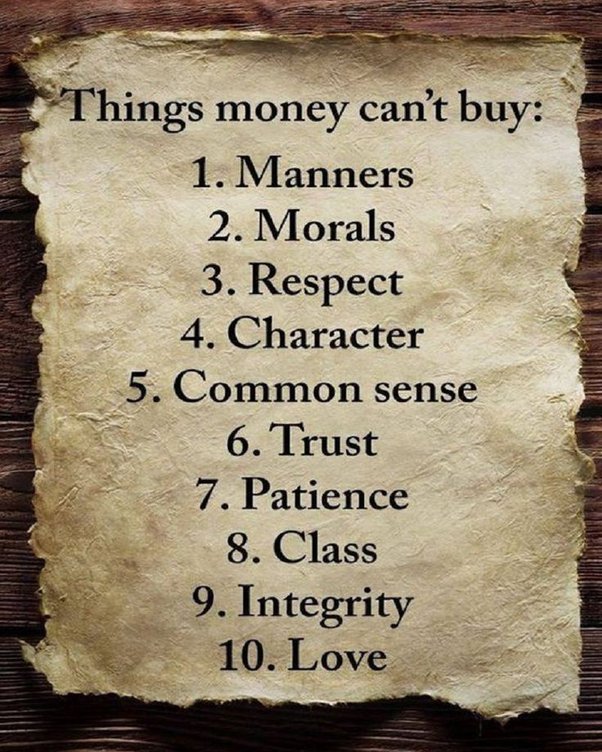
As a part of the happiest country survey a poll of about a thousand people is taken in each country asking them to rate how happy they are on a scale of one to ten, ten being the happiest. The average value for the people surveyed in each country allows a happiness value to be calculated for that country. As you might guess some countries, like Russia and North Korea do not permit the survey to be taken so they are not included in the list, but can you imagine anyone being happy in either of those countries.

In addition the people surveyed evaluate their own country with regards to six distinct qualities, GDP per capita, social support, healthy life expectancy, freedom, generosity and perceptions of corruption. Social support generally deals with governmental programs like education and healthcare.
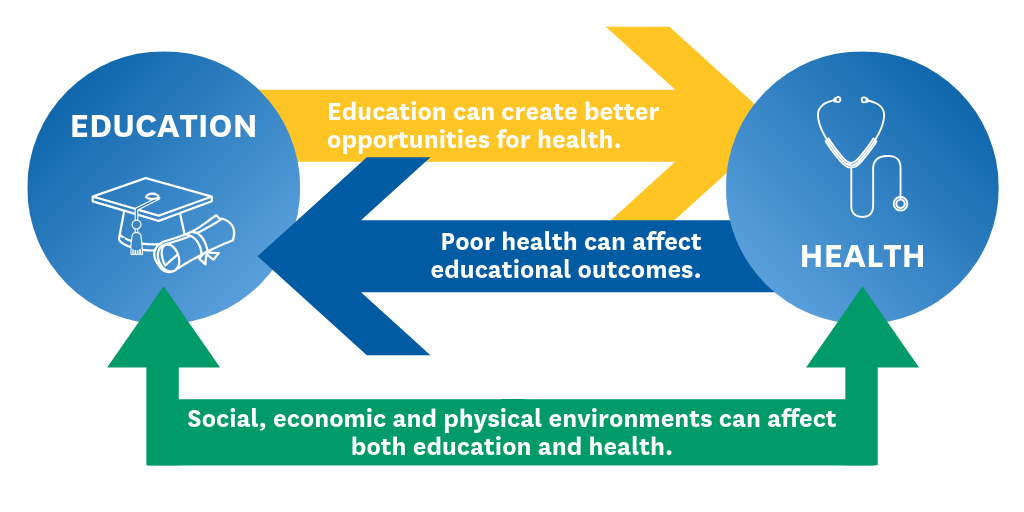
For the seventh year in a row Finland has topped the list at number 1 with several other Nordic countries also appearing in the top ten, Denmark at number 2, Iceland at 3, Sweden at 4 and Norway at 7. Israel came in at 5, a bit of a surprise since they are currently at war, while the Netherlands finished at 6. Rounding out the top ten were Luxemburg at 8, Switzerland at 9 and Australia at 10. The countries with the lowest rankings are also pretty easy to understand, Afghanistan comes in at the very bottom while Lebanon, Lesotho, Sierra Leone and Congo are also places you wouldn’t want to live in.
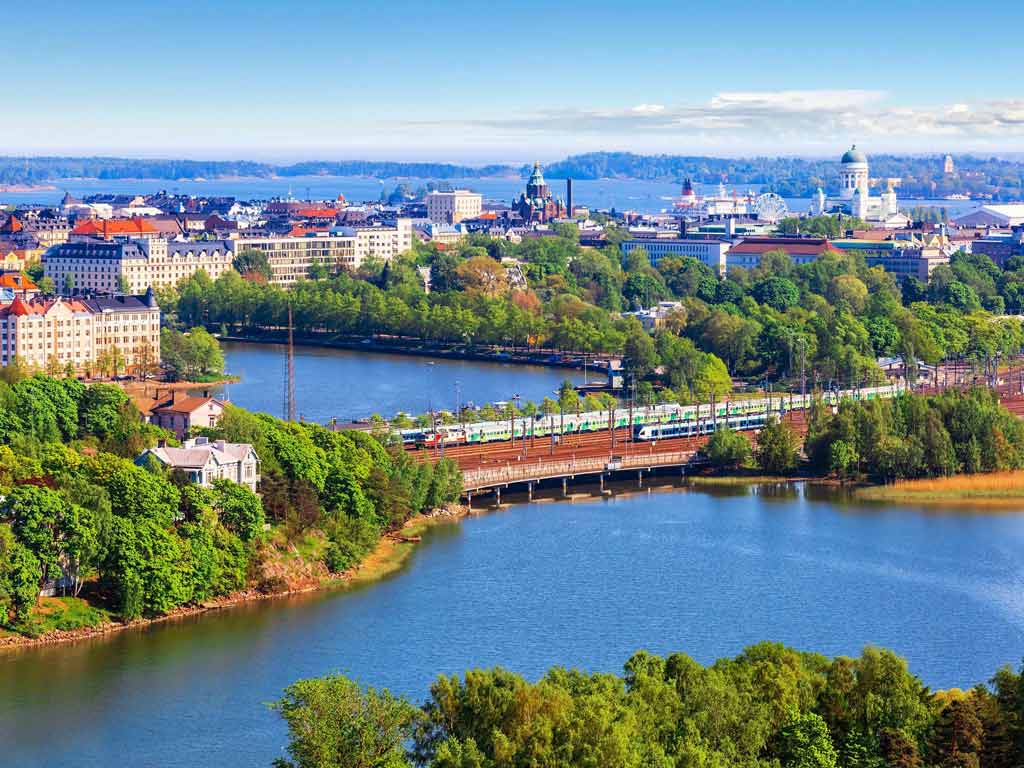

This year saw the United States take a considerable drop from 15th place to number 24 after being in the top 20 ever since the survey was first taken. It’s thought that there were two main reasons for the US dropping out of the top 20. Firstly several other countries got a lot happier. Czechia for example moved up to 18 while Lithuania rose to number 19.
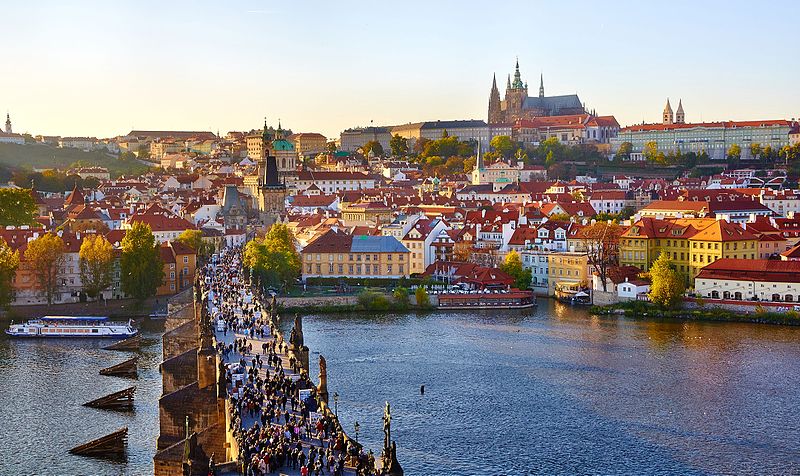
The biggest reason for the US drop however was because of the low value given to it by people under thirty years of age. Indeed, the US ranked at number 10 for people over 60 years old but for young people the US ranked at a dismal 62. Such a disparity between the feelings of the old and young in this country is more than just unsettling it could threaten the very stability of our society. Lack of educational opportunity, college debt, the high cost of homeownership along with a feeling that their government simply doesn’t notice them all contribute to the unhappiness growing amongst America’s young. Low taxes for the rich along with Social Security and Medicare for the elderly, I’m one of them, means there’s nothing left to solve the problems facing young people.
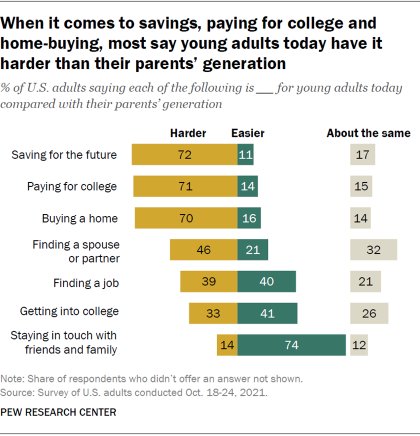
A similar trend can be seen in the rankings of the most livable city. What constitutes a livable city is a bit more complicated with thirty different factors being evaluated for each of the 173 cities reviewed. Those factors are grouped into five categories including stability, education, infrastructure, healthcare, culture along with a healthy environment. Each city is rated for each factor on a scale of 1 to 100.

As with the survey for happiest country Europe dominates the list taking the top three spots, Vienna was number one followed by Copenhagen and Zurich. Altogether Europe placed eight in the top twenty. Seven cities in Australia and New Zealand also made it into the top twenty, as did three Canadian cities and two cities in Japan. Not a single US city managed to make in into the top twenty, the closest being Honolulu at 23, followed by Atlanta at 29 and Pittsburgh at 30.

So what’s going on here? We Americans are used to being on top, not back in the middle of the pack, and loosing ground! And you can’t insist that America’s decline is all because the surveys have some kind of liberal, leftist bias. In the Happiness survey they just asked a thousand people how happy they were and we didn’t do very well.
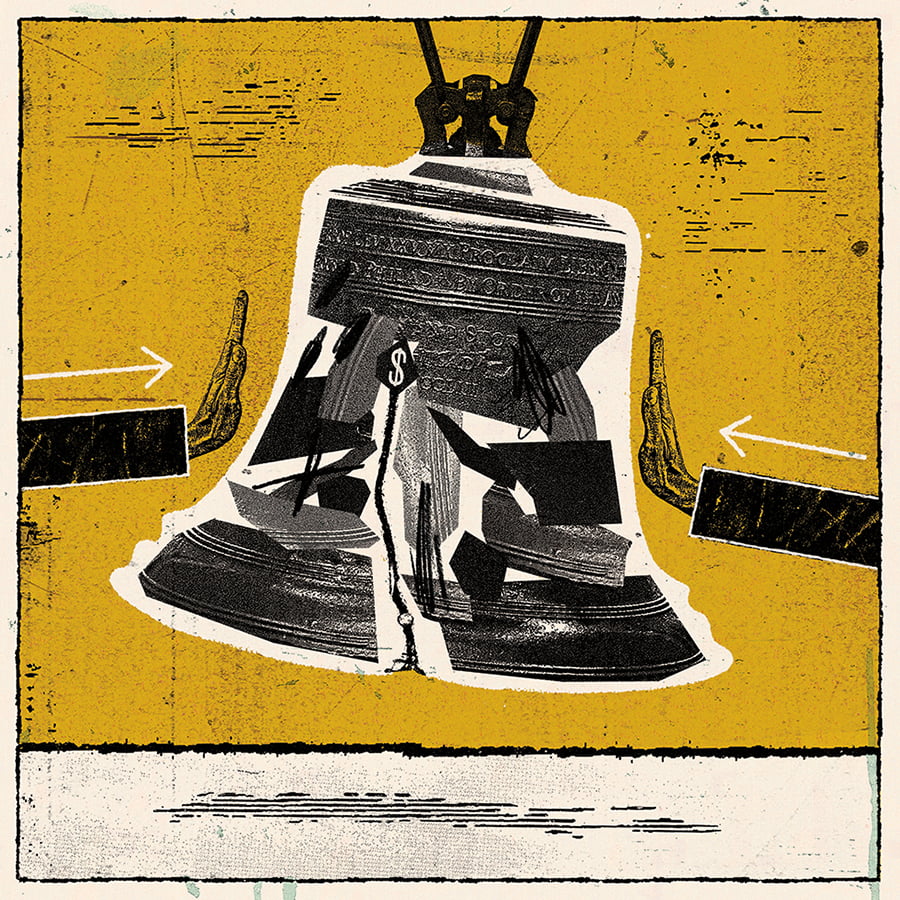
Back when I was born in the 1950s the US probably was the happiest country on Earth. Back then most other industrial countries were still in ruins because of World War 2 but the US had a booming and fair, emphasis on fair, economy. So what happened, how did we fall so far?

I think it all comes down to the difference between being happy and being rich. Now don’t get me wrong, I know the US has always had a large segment of its population whose chief concern was increasing their own personal wealth. In the last 40 years however the grasping for every penny has gone from a chief concern to an unhealthy obsession. At the same time our competitive nature has also grown and coarsened to the point where opponents have become enemies and cheating has become accepted, so long as you get away with it.

So what we have succeeded in building is a society in which we have a small number of big winners and a large number of losers, and losers are rarely happy people. But are the winners happy either? It is really worth owing a fifty-room mansion if you have to drive through a slum to get to that mansion?

A hundred and fifty years ago it was Europe that was obsessed with ostentatious wealth. It appears that they have finally learned the lesson that living in a happy country, a fair country where everyone is happy, not just you, is better than living in a big mansion and having everyone else being jealous of you. Maybe America will learn that lesson as well one day.
